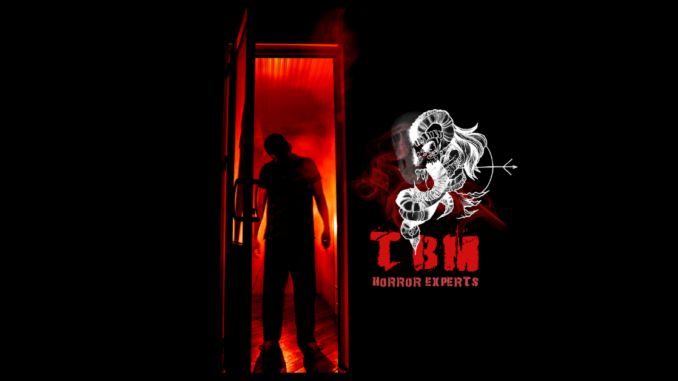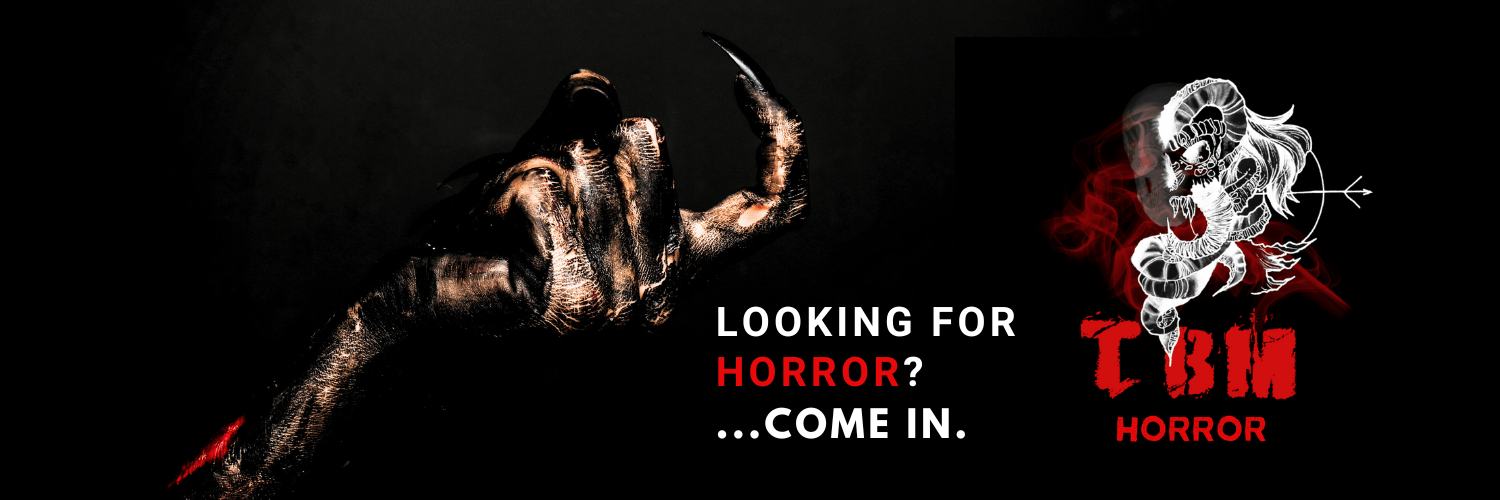
The horror genre has a profound and lasting influence on society, permeating various aspects of culture, psychology, and entertainment. From literature to film, television, video games, and even theme park attractions, horror has a unique way of captivating audiences and leaving an indelible mark on their minds. The appeal of horror lies in its ability to evoke powerful emotions like fear, suspense, and anxiety, creating an adrenaline rush that attracts and engages individuals in ways other genres might not achieve.
Firstly, the horror genre serves as a reflection of societal fears and anxieties. Through its dark and often disturbing narratives, horror movies and literature mirror contemporary concerns such as technology, disease, political unrest, or environmental issues. By confronting these fears in a controlled setting, individuals may find a cathartic release or a means of processing their own anxieties, ultimately contributing to a sense of collective resilience.
It’s important to keep in mind that we are communal creatures, and horror aims for individual fears, how do you think this factor might affect the way our mind processes the overcoming of that terror? As you can see, it’s greatly more complicated than a simple “I like to be scared”.
Horror awakes the most tribal mental ecosystem and brings to the surface our FFF response. Fear gathers individuals together. What occurs in a situation where 10 people who don’t get along, find themselves threatened? Do they go on their own wandering off? No, they stick together because our primal strength resides in being a tribe. A pack.
Furthermore, horror plays a role in shaping cultural norms and moral values. By presenting archetypal characters and situations, horror stories often highlight the consequences of human actions and moral dilemmas. These tales can serve as cautionary tales, encouraging audiences to consider their behavior and choices, thus influencing societal behavior and ethical frameworks.
If you take the time to listen to the horror community, you’ll see that mostly we have fun with slashers, enjoy like kids the monster features, are curious about the paranormal, and get terrified by human monsters (that is, psychopaths). The reason behind it is obvious. Monsters are not real, you might not believe at all in the paranormal; but you know that there are psychopaths out there because in the end, the human being is the real monster when their mind is twisted.
The horror genre’s influence is also evident in various social phenomena. For instance, Halloween, originally a Celtic harvest festival, has evolved into a global celebration influenced by horror imagery. Costumes, haunted houses, and horror-themed parties are now integral to the Halloween tradition, contributing to a significant economic impact with industries capitalizing on the season’s allure.
Moreover, the horror genre has made a profound impact on psychological studies. Scholars and researchers have analyzed why people are drawn to horror, exploring concepts like the adrenaline rush, the pleasure of being scared in a safe environment, and the psychological need to confront fears. By understanding these aspects, experts can gain insights into human behavior and emotion.
While other genres fuel illusion and inner desires, (which, I personally find more dangerous in a psychological manipulation kind of way) horror triggers right in the place, your hidden traumas. How many times you’ve heard someone say “I just can’t watch horror films about demons/psychopaths/torture”? Those are very specific statements. If that person didn’t have a trauma attached to those concepts, they wouldn’t mind watching a film about it (considering the margin of fear those productions are meant to provoke, we all love a good ol’ jump scare).
Furthermore, horror’s influence extends into the realm of social commentary. Some horror narratives have served as allegories for real-world issues such as discrimination, social inequality, and the human propensity for violence. By using supernatural or monstrous elements as metaphors, these stories can spark critical discussions and inspire action for positive change.
On a societal level, the horror genre has created a thriving community of enthusiasts who share their passion through conventions, online forums, and fan art. This sense of belonging fosters a unique social connection among horror fans, contributing to a strong sense of identity and shared experiences.
However, it is important to acknowledge that the horror genre also faces criticism and scrutiny. Concerns over the potential desensitization to violence and negative psychological impacts on vulnerable individuals have been subjects of debate and research.
Nevertheless, people who criticize horror, it’s because they have an inherent reaction to it, caused by something in their minds. You don’t oppose something you don’t care about. When the river sounds, it’s carrying water. For example, from a place of respect and love, romance is not as criticized and, honestly, I have read things that were VERY disturbing. If all those BDSM men characters weren’t wealthy, instead of romance, it would be a Criminal Minds episode. Again, any excuse will do in order to attack what pulls your strings like a telecaster.
The horror genre’s influence on society is far-reaching and multifaceted. It acts as a mirror reflecting societal fears and anxieties, shaping cultural norms and values, inspiring artistic expressions, fueling social trends, and contributing to psychological understanding. Despite criticisms, horror remains an enduring and captivating genre that continues to leave an indelible mark on individuals and society as a whole.


